The FPEmpresa VET Schools Association has been the organisation in charge of hosting the celebration of the second PLA (Peer Learning Activity) of the European project PRALINE (Promoting Adult Learning in Networks), which took place at the beginning of October in the city of Valencia.
The FPEmpresa’s Project Manager, Elena Argudo, highlights: “In this project, we strengthen collaboration between organisations similar to FPEmpresa from 9 different countries.” “It has been a very fruitful gathering to see first-hand how lifelong learning is being developed in other countries,” she adds. Argudo also points out that this activity will be very useful for the creation of a solid network of contacts that will allow the development of new projects.
“This has been the first face-to-face activity carried out since the beginning of the COVID-19 pandemic. Therefore, it has been very special for all the participants”, she concludes.
This second learning session counted on the participation of the different European partners of the project, as well as some other guests who shared different good practices that are being developed in the field of Vocational Education and Training. Among other guests, the training technician of the VET Department of the Valencian Community, Robert Crespo; the professor of the CIFP Mislata of Valencia, Santiago Rodrigo; the professor of the Colegio Santiago Apóstol, Sandro De Gregorio; or the associate professor at the University of Zagreb, Tihomir Žiljak.
In addition, attendees had the opportunity to enjoy different activities in the city that allowed them to experience the Spanish culture.
The ultimate objective of the PRALINE project is to strengthen the international networks of adult education providers that are already in operation, through peer learning, counselling and capacity building.



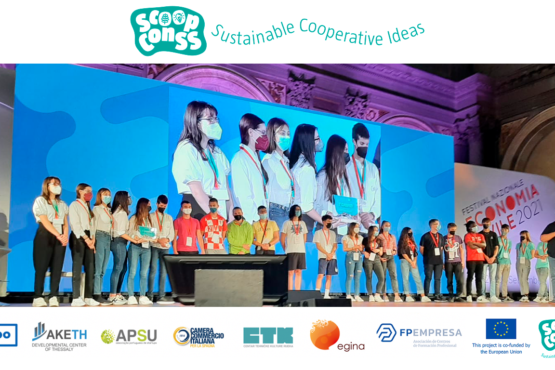













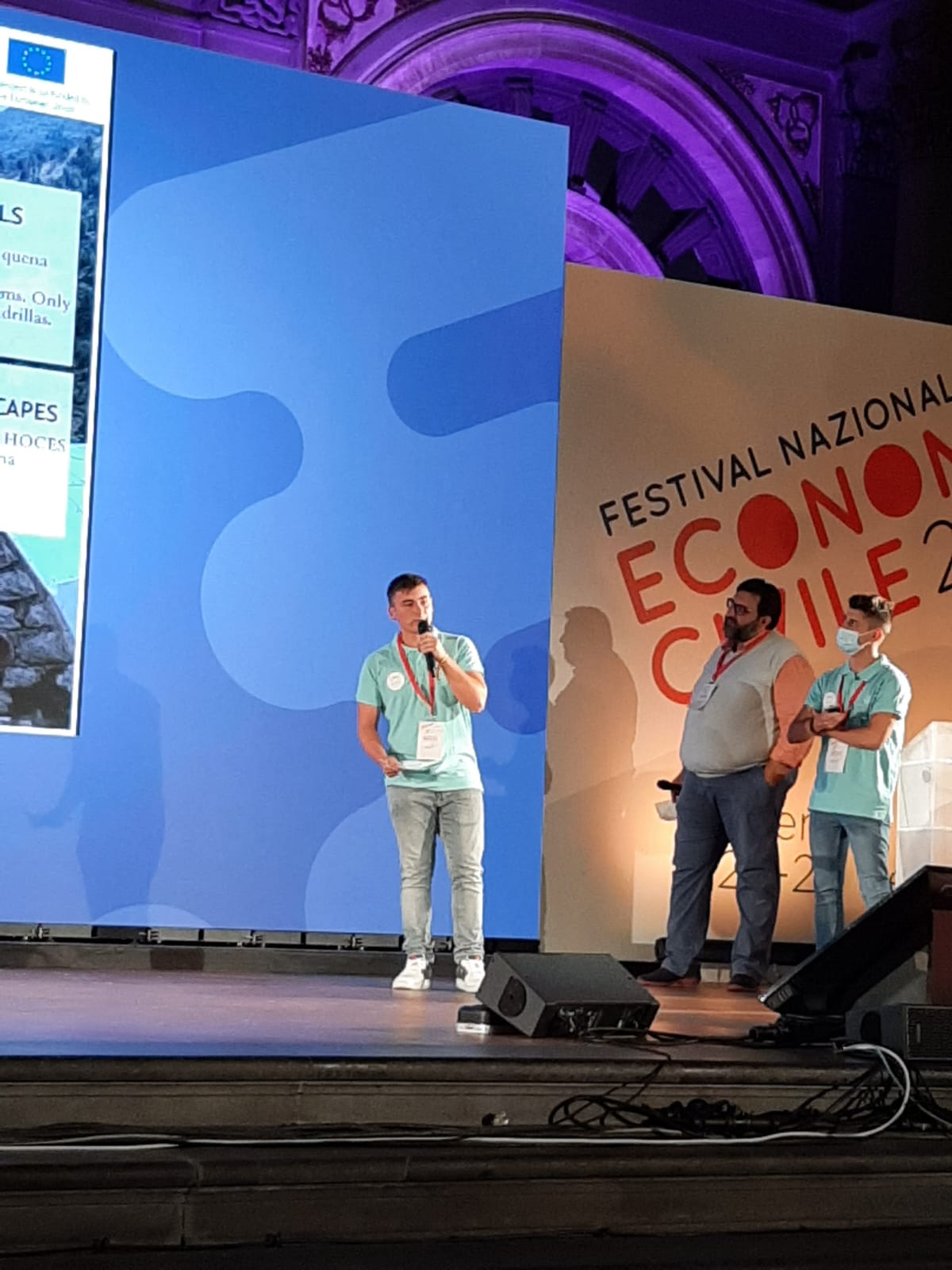





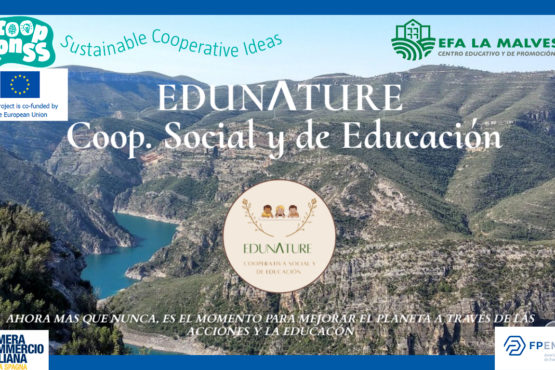
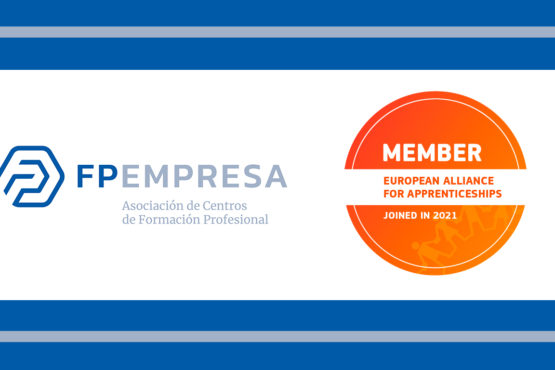

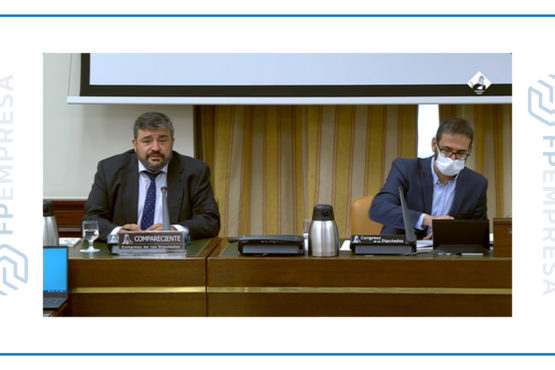




 Innovation is precisely what the students and teachers in the VET centre
Innovation is precisely what the students and teachers in the VET centre  Technology was also put to good use by the Hospitality and Tourism Department in the VET centre
Technology was also put to good use by the Hospitality and Tourism Department in the VET centre  Given the difficult times that we have had to endure in the past year, the CIPFP Canastell decided to start a partnership with Alicante Gastronómica Solidaria, a non-profit local project whose main goal has been to help those in need by fulfilling their basic need for food. The school director, Carlos Navas, explains that “by taking part in this initiative, giving out thousands of menus to thousands of people, some students have had the opportunity to continue their cooking and services training face-to-face and, most importantly, to actively participate in the social development of their area”.
Given the difficult times that we have had to endure in the past year, the CIPFP Canastell decided to start a partnership with Alicante Gastronómica Solidaria, a non-profit local project whose main goal has been to help those in need by fulfilling their basic need for food. The school director, Carlos Navas, explains that “by taking part in this initiative, giving out thousands of menus to thousands of people, some students have had the opportunity to continue their cooking and services training face-to-face and, most importantly, to actively participate in the social development of their area”. For its part, the INS Escola de Hoteleria i Turisme de Barcelona has established an alliance with the Mahou San Miguel Foundation to give a full scholarship to 30 young people, who come from difficult backgrounds, to study an Intermediate Dual VET Cycle on Hospitality Services. This successful initiative aims at training professionals who excel for the quality of their service. Students receive counselling and support from the moment their training begins until they find a suitable job. Nacho Marín, tutor of one of the groups of this initiative, highlights: “It is a sometimes very tortuous and winding path, which we travel along with the students. Sharing that journey, whatever it may be, is very enriching for all of us who share it”.
For its part, the INS Escola de Hoteleria i Turisme de Barcelona has established an alliance with the Mahou San Miguel Foundation to give a full scholarship to 30 young people, who come from difficult backgrounds, to study an Intermediate Dual VET Cycle on Hospitality Services. This successful initiative aims at training professionals who excel for the quality of their service. Students receive counselling and support from the moment their training begins until they find a suitable job. Nacho Marín, tutor of one of the groups of this initiative, highlights: “It is a sometimes very tortuous and winding path, which we travel along with the students. Sharing that journey, whatever it may be, is very enriching for all of us who share it”. This is the case of the VET centre
This is the case of the VET centre  The VET centre
The VET centre  In line with this action of raising awareness, the VET centre
In line with this action of raising awareness, the VET centre  The entire Hospitality and Tourism Department of the VET centre
The entire Hospitality and Tourism Department of the VET centre 